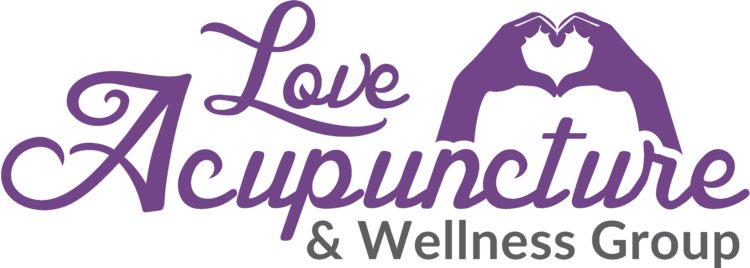Acupuncture for Nausea and Vomiting from Chemotherapy
Patients undergoing chemotherapy often experience a host of side effects from the treatment. While the chemo treatments help treat cancer with the hope of the cancer going into remission, chemo itself can bring on symptoms such as fatigue, hair loss, weight changes, and more.
Not every cancer patient undergoing this kind of therapy experiences every symptom. One of the more common symptoms of chemotherapy and other cancer drugs, however, is nausea and vomiting. These side effects can be draining and unpleasant to say the least. In fact, according to one article, the effects from such treatments may be so severe patients avoid treatment.
As some studies point out, despite the availability of medications and pharmacological options to combat the nausea and vomiting induced by chemotherapy and other cancer drugs, some patients still experience these symptoms in such a way it “that [it] can severely impair a patient’s quality of life.”
Treatment for cancer, while incredibly necessary, can incur negative side effects many cancer patients feel they must suffer through with little alternative. However, acupuncture may be able to provide some relief from these symptoms, especially pain- or nausea-related symptoms.
Acupuncture has successfully been used to treat pain and nausea, and sickness and vomiting due to cancer drugs is no exception. In fact, according to a study from Dundee et al., 96% of cancer patients surveyed reported illness including nausea and vomiting after their chemo treatment. When patients received acupuncture treatment following their chemotherapy, however, “Sickness was either completely absent or reduced considerably in 97% of patients and no side effects were encountered.”
Another study found that “Acupuncture significantly reduced the severity, especially the duration, of nausea…” and found that when combined with a common anti-emesis and anti-nausea medication, instances of nausea and vomiting following cancer treatment lessened significantly.
For these reasons, oncologists and other providers involved in the treatment of cancer have begun recommending acupuncture as a complementary treatment for their patients. According to Lu et al. in their article The Value of Acupuncture in Cancer Care, an estimated 48-83% of cancer patients utilize complementary and alternative medicine in their course of care.
That same article summarizes its findings by stating, “The evidence currently available has suggested that acupuncture is a safe and effective therapy to manage cancer and treatment related symptoms, while giving patients the ability to actively participate in their own care plan.”
Cancer Research UK points out that along with reducing nausea, hot flashes, and fatigue, acupuncture can help cancer patients feel relaxed and increase their feeling of wellbeing, two benefits to acupuncture often overlooked, but vital in the treatment of patients battling cancer.
All in all, acupuncture may provide many benefits to patients undergoing chemotherapy and other cancer treatments. Along with the possibility of alleviating side effects such as pain and nausea, the simple relaxing nature of acupuncture may help improve mood and feelings of wellbeing. Acupuncture is safe, natural, and research increasingly supports its benefits in this line of treatment.
Our offices are happy to help provide acupuncture complementary to your current cancer treatments. Our providers are ready, willing, and able to help you as you and your team go through treatments. If you’re interested in learning more about acupuncture in relation to cancer treatments, feel free to follow our links below. If you’d like more information about our providers and the particular services we offer here, email us at info@loveacu.net or call our offices at (503) 343 9851 to learn more about our practice. We would be honored and overjoyed to help you.
If you are experiencing a medical emergency, call 911. Do not wait for an appointment with us. We are happy to work with you on chronic or ongoing health conditions; however, we are not equipped for or specialized in urgent or emergent care.

